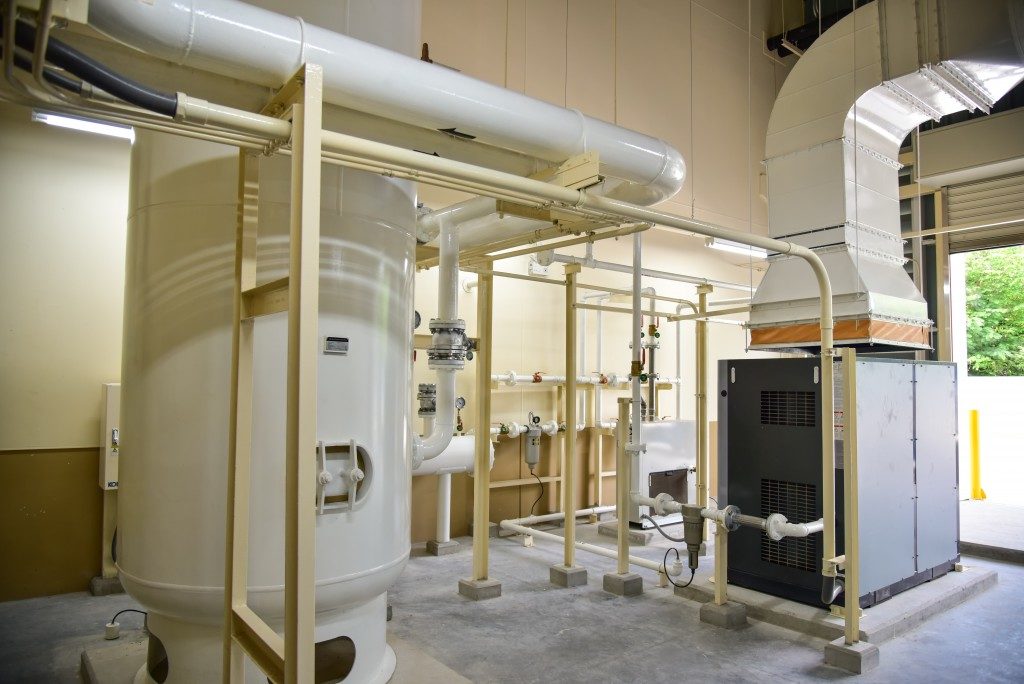In the commercial HVAC arena, the centrifugal pump technology has been used extensively for cooling towers, chillers, boilers and so forth. Over the years, most components have changed a lot apart from pumps, which have largely remained the same.
While aspects such as couplings, materials and impeller designs have transformed, the general nature of the centrifugal is still intact. This fact has bred a situation whereby most facility managers and proprietors fail to consider the pump as a possible area for improvement in terms of reliability and efficiency.
If pumps must be in the picture, they are mostly replaced with new ones of the same capability. Slowly, this situation is changing as more HVAC setups are relying on pumps. Consequently, facilities can experience higher efficiency and operational reliability by increasing the performance of pumps.
Pumps in a Sustainable World
Pump designers, manufacturers and suppliers the world over are being urged to go with the times and design products that meet today’s sustainability requirements. Providers that continue to release out-dated products may be forced out of the market in 10 years’ time.
On the other side, suppliers that manage to impress in terms of efficiency and reliability will be rewarded with repeat business and impressive growth. This is what HVAC industry experts believe, as everyone is now focused on reducing carbon footprint and enhancing energy efficiency.
Standards now exist, especially in the commercial sector, and players are expected to comply. If you are unaware of the various standards in your area, you can liaise with an expert to ensure compliance. It might be the perfect time to check your pump to ensure it is working optimally for not only improved performance, but also reduced energy usage.
Pump Efficiency Improvement

Several factors determine the efficiency of a pump within an HVAC setting. They include pump maintenance, control and motor performance. Newer pump motors are usually more efficient so that they could enhance your energy management goals incredibly.
However, experience has shown that enhancing pump control can bring even higher energy savings. For instance, you can replace constant speed technology with variable-frequency drive (VFD) technology, which will enable you to match pump performance with the demand.
Maintenance is also easily overlooked, yet it is the ultimate determinant of how well a system sustains its performance. Managers and technicians that ignore this aspect until things go haywire live to regret because the ensuing disruption and costs for repairs can be too much.
Other Areas of Cost Reduction
Opting for smart pump systems can be even cost-friendlier for HVAC systems if you can focus on pump installation costs, some of which are not immediately visible. These options include a reduced price for piping, pump alignment, assembly, shipment and storage.
Modern pumping solutions are better every way you look at them, as they enable the user to achieve a wide range of savings.
A good pump for HVAC must be modern, efficient and compatible with the system. To make the most of the efficiency opportunities available in the industry, pump suppliers, customers and other stakeholders need to work together so that the older pumping technology is replaced with modern solutions.
